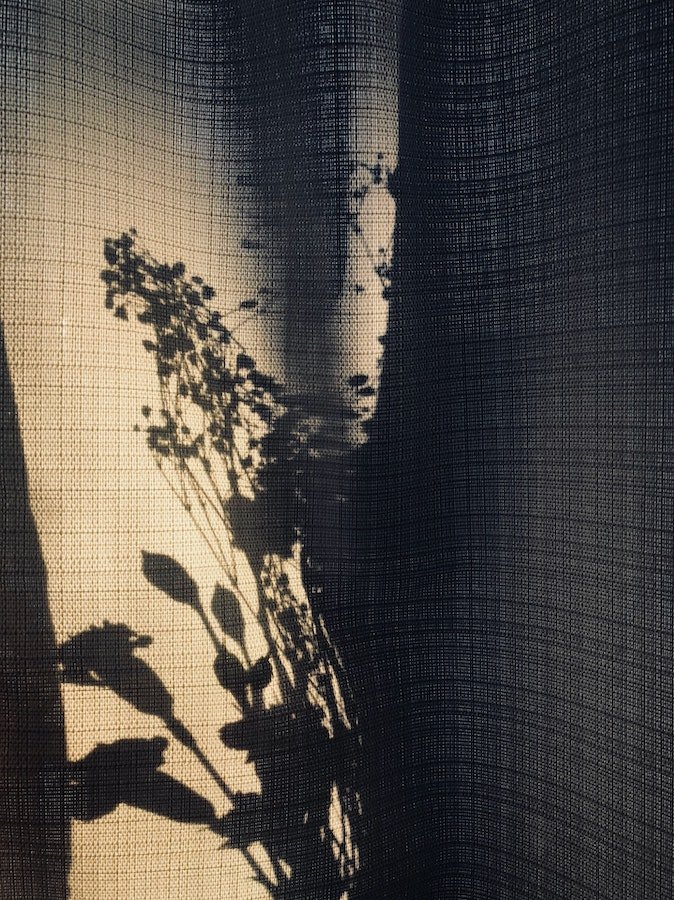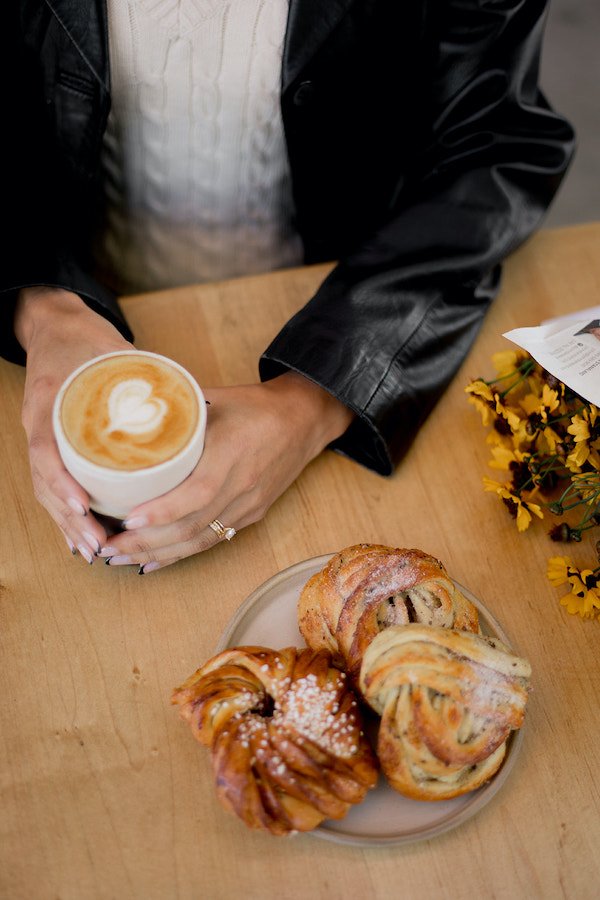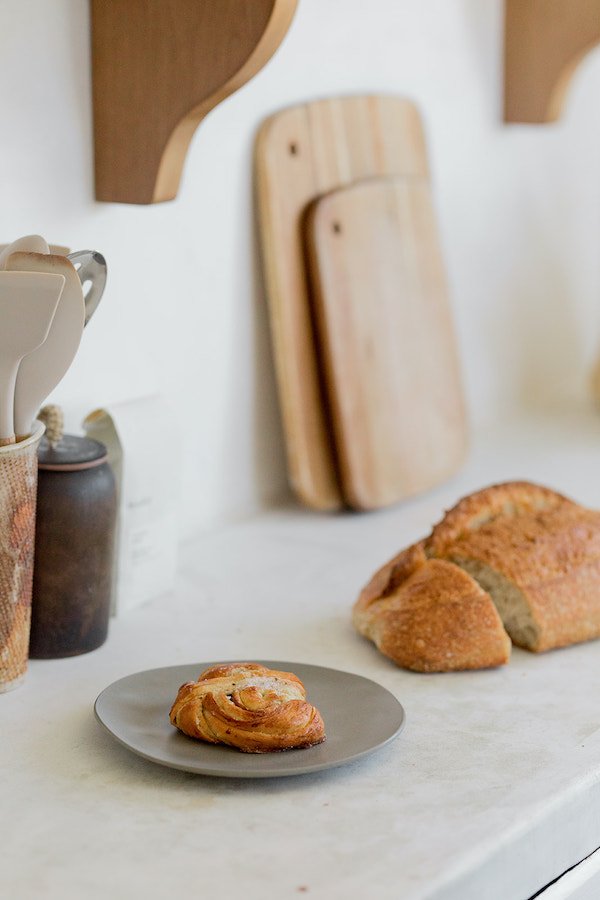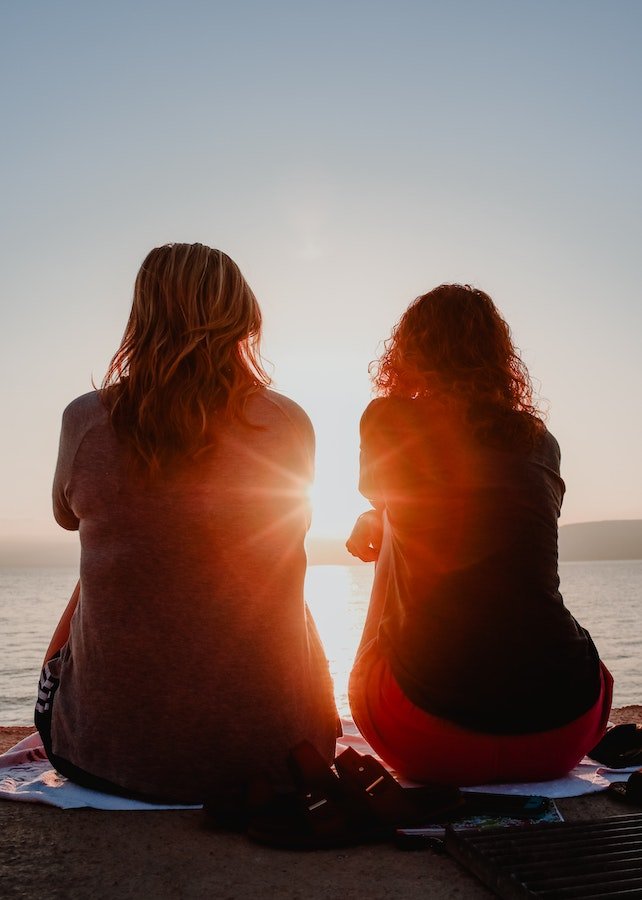
Reader Essay: I Had An IUD—Then I Got Pregnant
This essay was reader-submitted for our Reader Essay Series on themes of motherhood, mental health, and personal transformation.
I wish I could explain to you how I knew I was pregnant, but I just did. Like a siren song my intuition screamed. Bloating, hunger, absent pre-period breakout. Meaningless variables on their own but together, a curious sum. Running the numbers, I tried to remind myself of the probability of conception on the IUD (less than 1%). But I couldn’t shake the feeling. To prove myself wrong, I took a test.
The three-minute waiting time was irrelevant because two bright pink lines revealed themselves immediately. Despite my best efforts to convince myself otherwise, I knew I was pregnant. I held in my shaking hands the proof of what seemed impossible. Shocked, I produced two more positive tests and called every close friend I had, blind to the ways my life was about to change.
“I dealt with a kaleidoscope of emotions in the days following my discovery. ”
I dealt with a kaleidoscope of emotions in the days following my discovery. The colors changed from deep sorrow to joy to confusion to fear. I wondered how any of this had even happened. Petrified, I debated how I should tell the man who had just decided he was too busy to keep seeing each other. I was now faced with a choice to honor my heart’s desire and become a parent (most likely alone) or remain just Bri, content in a version of my life I loved. It was a life full of wanderlust and adventures I had yet to take, rife with the freedom to go anywhere and do anything I pleased. I resented the failure of my IUD because I knew what I would choose, and I mourned all the possibilities I would give up as “just Bri.” Yet, I was excited. It was my first pregnancy, and looking at things simply, I had always wanted to be a parent, and I knew I could do it.
At the doctor’s office, I was informed of the risks of IUD pregnancy (infection, miscarriage, pre-term labor and ectopic pregnancy), and so the doctor recommended we remove my IUD—but even that came with a risk: miscarriage. It was too soon for an ultrasound, and the nurse lovingly told me not to get too excited until we knew what would happen. But I was naive; I truly didn’t think pregnancy loss would happen to me.
“In a matter of days, my identity shifted so many times I felt left with nothing.”
I found out I was losing my baby the day after my IUD removal. Like a sixth sense of conception, I could feel a change. When the blood work confirmed I was miscarrying, I sat in my room and cried. I held my hands on my lower stomach and waited for the inevitable. Who was I now? The moment I decided to be a parent, that’s what I became. In a matter of days, my identity shifted so many times I felt left with nothing. For a while, it felt like my brain was broken. Everything was hazy, and my emotions were out of control in a way I didn’t recognize.
It took four months for my regular cycle to return. Ignoring all the risks, I felt guilty and wondered if my loss would have happened if I had left my IUD in, a feeling only underscored when HCG tests revealed I had an incomplete miscarriage that required medical intervention. In that space, I felt so alone; in some ways, it wasn’t just a feeling but the truth. I looked around my life, and almost nothing was familiar; it was like no one could understand what I was going through.
“For a long time, I felt like I needed grief. ”
For a month, I sat on my porch every morning and listened to the songs that played during the Ellie montage in Up. I knew the grayness in the moment her character found out about her loss. I understood how quickly everything could feel devoid of color. It was in those colorless moments I thought about what would happen to me. For a long time, I felt like I needed grief. I became intertwined with my trauma. I couldn’t see past the shock, betrayal, heartbreak, confusion, anger and disappointment. I was lost in a situation I couldn’t change.
My therapist told me that maybe I had gotten my identity wrapped up in my loss. Admittedly, I couldn’t figure out how to move past deciding to be a parent yet not having a child. At first, hearing her sentiment felt uncomfortable, and then it was freeing. I could recognize that I had given myself over to a situation I couldn’t change and thus felt owned by it. My therapist’s words allowed me to step back and not just look but see. Every heavy emotion I reexamined from an altered viewpoint revealed something deeper: me. I recognized my ability to love in the depths of my mourning. I saw my resilience in my decision to join a grief group and my determination in my need to understand. I used those bricks of familiarity as a foundation to begin again and find peace.
“I found so many new and old pieces of myself within the rubble of my destruction, some of them shards of glass.”
I found so many new and old pieces of myself within the rubble of my destruction, some of them shards of glass. With care, I picked them up and dusted them off. I was grieving. I was angry. I was relieved and I was a sort-of parent. For some, the ownership of parenthood in the face of loss gives them strength. For me, it began to feel like bondage. I’ve come to accept I am as much a loss parent as I am just a person who experienced a loss. It’s complicated but what is indisputable is the love I feel for my baby, what could have been and what exists now. And in that, I am forever changed.
“I created space in my life for all things to exist together. ”
I once felt a need to define my experience perfectly, to fit into the loss community perfectly. But I don’t fit in neatly, and trying to was more painful than reconciling myself to the complexity of what I experienced and how I experienced it. So, I created space in my life for all things to exist together: allowing in whatever needs to be there and letting go of what no longer fits; welcoming grief and moving forward. I’ve learned that fighting change doesn’t prevent the inevitable. Ignoring the weight or the effect of something doesn’t make it easier to carry. Searching for answers doesn’t always mean you’ll find them. And hiding from the truth doesn’t make it go away.
There are some things I will never understand and even more things I won’t be able to change. But through this loss, I’ve learned how to forgive myself (and others) and offer grace. I’ve learned that I am more than any situation I will find myself in; I don’t have to give power to the unknown. Instead, I can face it. Face it all. Let life blow me down and restart from scratch. In the pile of debris, I’ve learned how to round out the shards of glass, to watch the light catch them, and see rainbows.
Bri Byrne is a Bay Area local writing her first nonfiction book inspired by her lessons and experiences around isolation during pregnancy loss. She hopes this book will help those with a similar story feel seen. Bri also enjoys writing fiction and pop culture hot takes.




